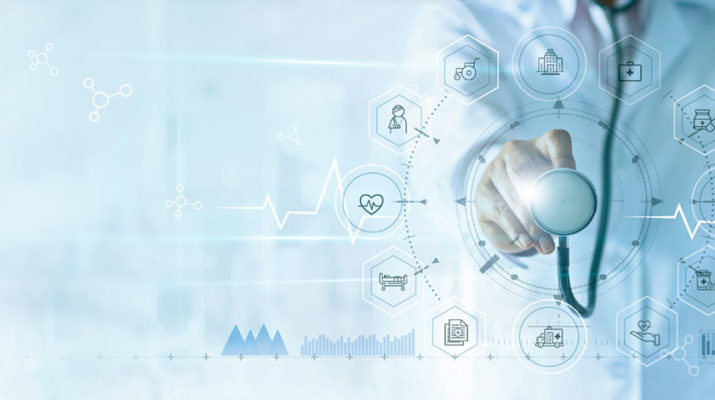Healthcare is always changing as new research and discoveries lead to changes that improve care. For example, orthodontic management solutions are now used by dentists to help them get permanent access to the photographs and radiographic images their patients, read more today on Cloud 9 Software’s website.
Here’s what area experts see as the top innovations in development now or coming very soon.
By Deborah Jeanne Sergeant
• “One exciting thing is stem cell studies. It’s amazing the conditions that were not treatable before. Research is going on in diabetes, spinal cord injuries, dementia and ALS. Tendon and joint injuries won’t need as many surgeries because of stem cells.
• “Gene therapy is still experimental but it’s amazing. Retinitis pigmentosa — there’s no treatment for that. Usually, people go blind in two to three years’ time. Now the patient is able to see. It’s very expensive. It’s amazing and has quite a future.
• “With genetic diagnosis, people can prevent things from even happening. Diagnosis in the future will be very deep. We’ll be able to do mitochondrial diagnosis and know what’s happening in the cells.
• “The power to the patient is going to be even bigger. They’ll have more knowledge on new conditions and how they can stay healthy through technology. They can find out their sleep at night and other health statistics through things like the Apple watch. You can see your blood pressure and blood sugar levels 24 hours. More and more things will be coming up. People will be able to diagnose conditions very, very early.
• “Reversing diseases is growing. Diabetes, cholesterol and hypertension, now, with individualized food prepping, we can reverse diabetes, lower cholesterol without medication and diminish medication.
• “There will be vaccines for not only infections but also cancer, Type 1 diabetes and other diseases.
• “Artificial intelligence has many potential uses coming up. Many hospitals are using this so the patient can communicate with the nurse through Alexa;“ Tell the nurse I have pain.’ There’s a lot of potential.”
Az Tahir, MD, practicing holistic medicine in Rochester
• “A lot of the apps we continue to be developed. The iPhone can do an EKG reading. Other apps will take pictures of food and it makes it simpler and simpler to follow a plan and be successful. But it will make it easier to be lazy and put things off. As everything continues to evolve, it creates new challenges. We use a lot of different tracking software to pay attention to how many classes they come to. It can show how much time they slept and exercised and moved. There’s a lot of opportunity for people to home in on what they need to do for success.”
Dennis Lesniak, doctor of chiropractic, master’s in clinical nutrition, bachelor’s in exercise science at Quarter Deck Athletics-CrossFit, Buffalo
• “Precision medicine where we see diagnostics, molecular genomics and personalize therapeutics. Much of the way we categorize disease states are on location or appearance. A glandular cancer you call it based on where you find it. We’re starting to call it on its molecular characteristics. A glandular cancer in the breast might be associated with the colon. You can more quickly develop medication. According to drug process development services, if this glandular cancer had a certain enzyme that the chemo therapeutic was targeting, a drug using the same mechanism might be able to target it better. It has the same underlying mechanism.
• “Liquid biopsy, where you take blood. If you find circulating cancer cells before they form a mass, it might be easier to treat if limited to a small area in an organ and in the bloodstream. Once you know the enzyme that’s characteristic of that cancer, you can tailor the therapeutic to it to cause less toxicity to the patient and more targeted therapy.
• “It’s hoped that every cancer patient has a genetic profile done and as drugs become available, we’d be able to treat it.
• “Artificial intelligence software packages are using to determine if someone is having a stroke. You can use technology to level the playing field. Maybe in the future we’ll need fewer specialists because you’ll need less knowledge. You’ll need operational knowledge and the backup of AI with the diagnosis. Technology is leveraged to level the playing field. A general practitioner in the middle of nowhere can use AI. What’s the latest literature? It doesn’t have to even be something complex, but a certain bacteria causing ear infections and the AI can show trends moving in the trend of where that patient is.”
Robert Corona, MD, board-certified in neuropathology and pathology and general informatics at Upstate Medical University

